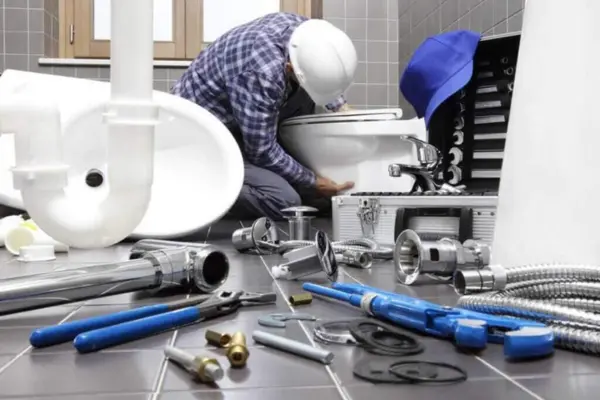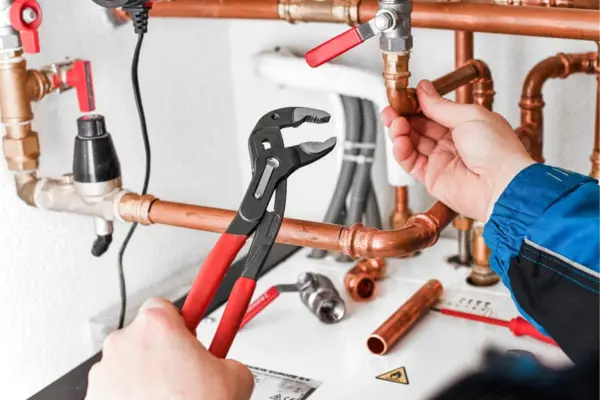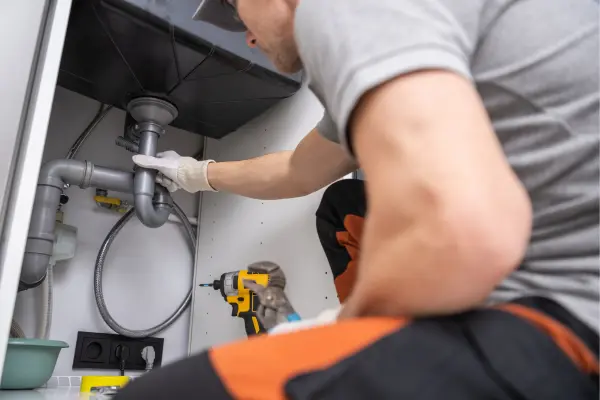Electrical Inspections
Electrical inspections are the most detailed of all compliance checks.
They follow the full SANS10142-1:2020 standard, along with the Occupational Health and Safety Act.
Your Electrical Certificate of Compliance covers the fixed electrical installation—from where the main supply enters the property to all points of consumption, such as plug sockets and connection points for fixed appliances.
What’s not covered:
The certificate does not include the appliances themselves (fixed or movable), only how they are connected.
Fixed appliances include items like stoves, geysers, pool pumps, air conditioners, garage motors, gate motors, and pool lights.
The goal is to ensure the installation is safe, correct, and fully operational.
What we inspect:
Main distribution boards: correct connections, breaker ratings, cable sizes, earth leakage function, and proper labelling
Plugs and switches: must work properly, be correctly wired, securely installed, and earthed if metal
Fixed appliances with exposed metal: must be correctly earthed
Appliance connections: must follow approved connection methods based on load and type
Electrical tests: insulation resistance, PSC (Prospective Short Circuit), loop impedance, and voltage checks
Wiring: correct rating, colour coding, and suitable for its application
Lighting: every room must have at least one working light, with the correct fittings for areas like bathrooms
Positioning: no electrical points or fittings are allowed in unsafe areas like near showers or baths
Device compliance: all components must be correctly rated, properly installed, and approved for use
Temporary setups that appear permanent must also comply—extension cords cannot replace proper installations
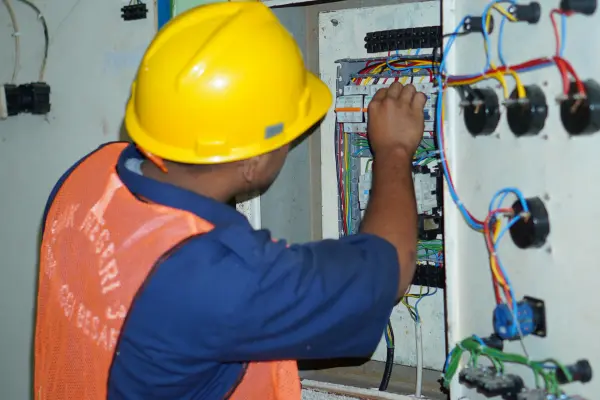
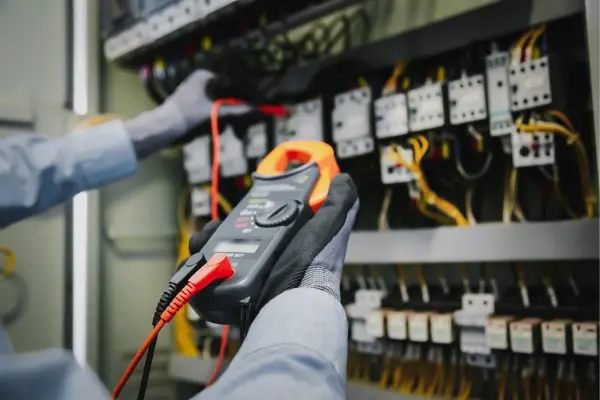
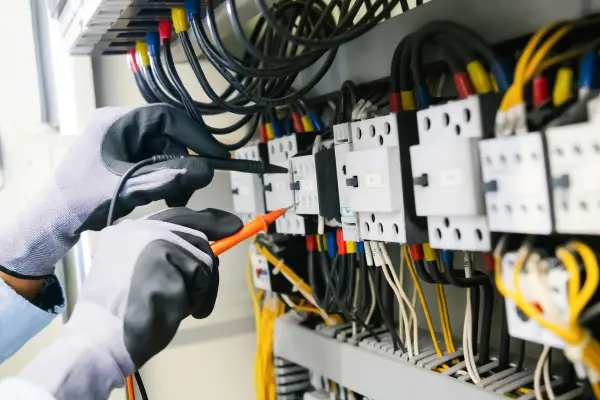
LP Gas Inspections
All Pro Compliance Certificates Experts performs inspections on LP gas pipeline installations to confirm they meet the standards set out in SANS 10087-1:2008.
If the installation is fully compliant, we issue a Certificate of Conformity.
What we inspect:
Cylinder storage meets all safety zone regulations
SABS-approved piping is used and installed correctly
Isolation and emergency shut-off valves are in place
Adequate ventilation is provided at the cylinder and inside the property
SABS-approved appliances are correctly connected to the gas system
A full pressure leak test is carried out to confirm system continuity
All installed equipment is registered with the LP Gas Association
Additional compliance checks:
No electric motor or switch box may be within 5 metres of the cylinder storage area
Only specialised gas piping may be used—standard plumbing piping is not allowed
Warning signs and shut-off valve signs must be clearly visible
Pipes running through walls or under floors must be installed without joints and in line with regulations
Flexible gas hoses must be SABS-approved and may not exceed 2 metres in length
Cylinders must not be stored in a garage
The storage area must be well ventilated and located on a level surface
Cylinders must be properly secured with a chain system or gas cage
All materials, pipes, and appliances used must be SABS and SANS approved
Special rule for thatch roof houses:
Gas cylinders must be stored behind a purpose-built fire wall and at least 3 metres from the edge of the thatch roof.
Types of gas installations that require a COC:
Built-in gas braais and fireplaces
Gas hobs and stoves (4-, 5-, or 6-plate)
Gas geysers and water heaters
Gas pizza ovens
LP gas generators
Boiling tables
Outdoor cylinders piped to indoor appliances
Internal Installations (Single Cylinder in Kitchen)
This setup is cost-effective with minimal pipework, but must still meet specific requirements:
Rubber hose (orange gas pipe) cannot pass through any partition
A brass cupboard bush must be used where the pipe enters a cabinet
Plug points must not be installed directly above the gas hob
Airflow must be allowed through the cupboard
Service and shut-off valves must be installed and accessible
Clear warning signs must be displayed
Proper ventilation is essential for all indoor gas setups
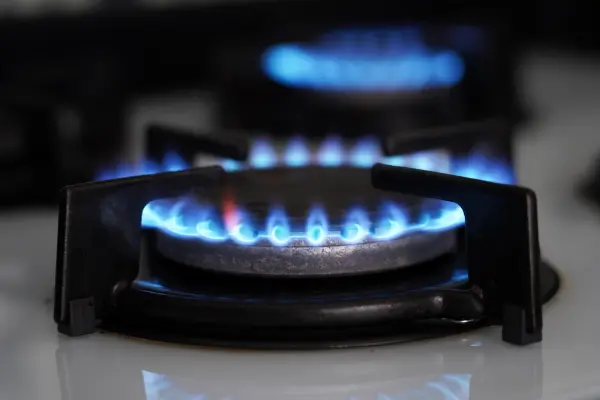
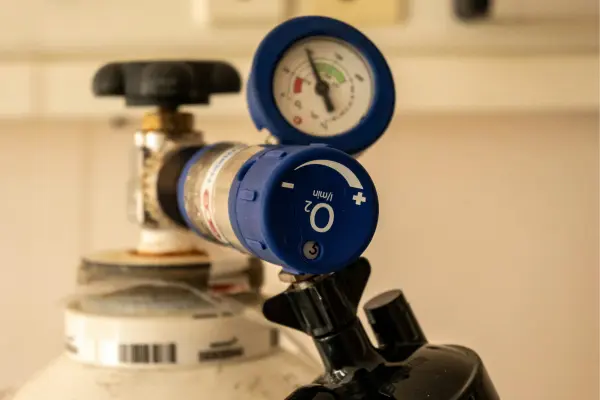
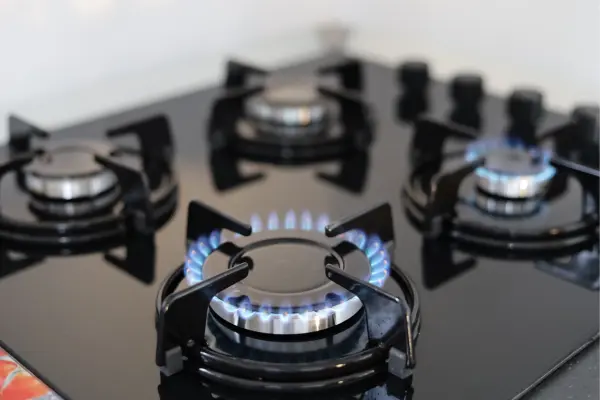
Electric Fence Inspections
All Pro Compliance Certificates Experts carries out inspections on electric fence installations to ensure they meet the requirements of SANS 10222-3:2011.
If your installation is fully compliant, we issue a Certificate of Conformity.
What we check during an electric fence inspection:
Wall height: Boundary walls must be at least 1.5 metres high
Brackets:
Upright brackets may be used with no height limit
Angled brackets must not exceed 45 degrees and must face inward
Brackets must be spaced no more than 3 metres apart
Earthing:
Earth spikes are required every 30 metres
Lightning protection must include three additional earth spikes
Cabling:
All high-tension (HT) cable must be installed in conduit and connected using junction boxes
Energiser:
Must be installed at the correct height and be properly enclosed
Warning signs:
Yellow warning signs (100mm x 200mm) must be installed every 10 metres along public roads or pathways
All gates and access points must display warning signs
Electrified gates:
Must be able to open and close safely without risk of shock
Neighbours:
Brackets must not be angled into a neighbour’s property without their written consent
Safety:
Fences must not pose a hazard or risk of entanglement to people or animals
Prohibited materials:
Barbed wire or razor wire must never be electrified
These checks ensure your electric fence installation is safe, legally compliant, and ready for certification.
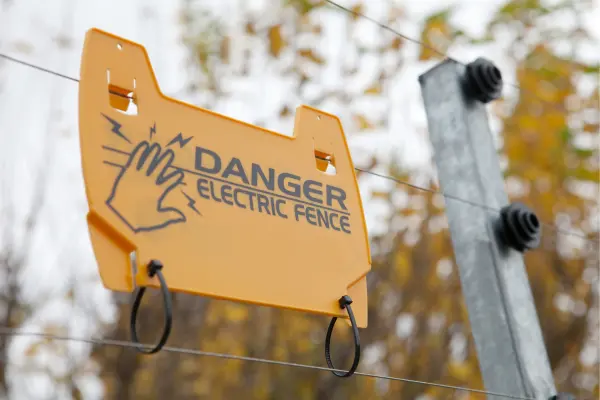
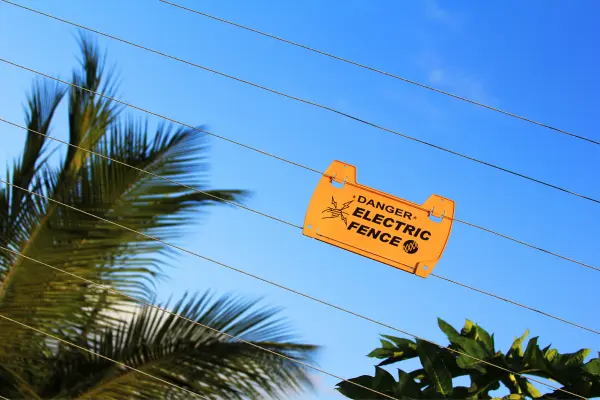
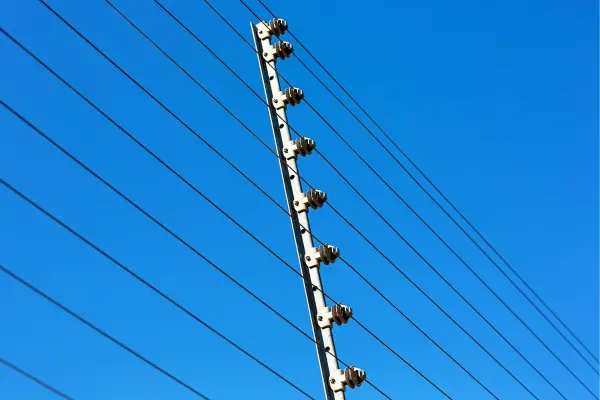
Plumbing Inspections
All Pro Compliance Certificates Experts carries out inspections on plumbing installations to confirm compliance with key national standards, including:
SANS 10254
SANS 10252 (Parts 1 and 2)
SANS 10400
SANS 1307
If your installation meets all requirements, we issue a Certificate of Conformity.
What the Plumbing COC covers:
The certificate confirms that your plumbing system is safe, compliant, and installed to approved standards.
It includes water supply systems, drainage, geysers, and solar water heaters.
Key standards we check against:
SANS 10254 – Covers installation, maintenance, and replacement of hot water systems (geysers), requiring certification from the Plumbing Industry Registration Board (PIRB)
SANS 10252-1 – Covers water supply installations in buildings
SANS 10252-2 – Covers drainage systems for buildings
SANS 10400 – Ensures the overall design, safety, and functionality of plumbing systems
SANS 1307 – Applies to solar water heating systems, ensuring quality in storage tanks and solar collectors
We also verify that solar water heating systems meet SANS 10106, where applicable.
Your plumbing system must meet both safety and performance criteria before a COC can be issued.
